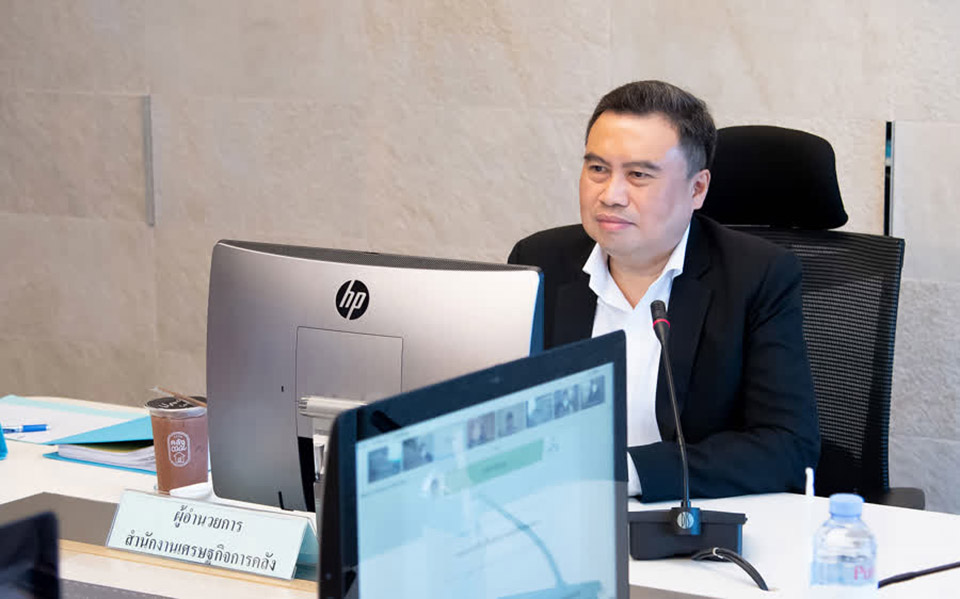
Financial institutions and commercial banks have been urged to implement debt restructuring policies for debtors rather than extending the debt repayment period.
The Fiscal Policy Office (FPO) has urged state financial institutions and commercial banks to implement debt restructuring measures aimed at reducing the burden of debt repayment. FPO Director-General Pornchai Thiraveja emphasized the importance of reducing the repayment burden rather than merely extending the repayment period, stating that the approach seeks to align with debtors’ repayment capabilities and contractual obligations.
The Ministry of Finance requires that the implementation of debt restructuring procedures become a performance indicator for state financial institutions. In addition to encouraging financial literacy on borrowing, finance, and debt management, the ministry is holding a debt mediation event in which financial institutions collaborate to modify the debt of persons suffering repayment issues. About 413,000 people have signed up for debt restructuring programs so far.
The FPO, the Bank of Thailand, and related agencies also collaborated to draft a royal decree governing auto hire-purchase and the leasing of cars and motorcycles to protect consumers and reduce household debt risks. The decree establishes an effective interest rate ceiling for hire-purchase deals, capping rates at 10% for new cars, 15% for used cars, and 23% for motorcycles.
The central bank has also set a goal of reducing Thai household debt to less than 80% of GDP to reduce financial and economic risks. As of the fourth quarter of last year, household debt stood at 15.1 trillion baht, accounting for 86.9% of GDP. (NNT)






